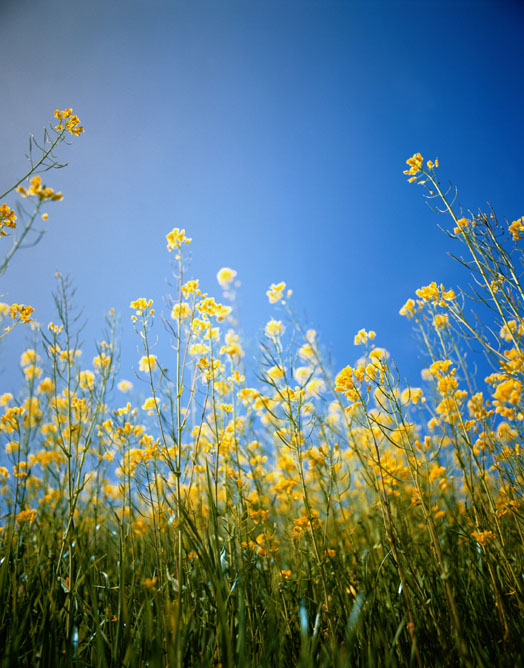Slide 1 of 4: Introduction
Author: Ronald J. Comer

Princeton University
Press the Next button to start this activity
Slide 2 of 4: 28.1 Light Therapy: Treating Seasonal Affective Disorder
Clinicians have become aware that many people suffer from Seasonal Affective Disorder (S.A.D.). They become clinically depressed each winter, apparently, due to the decrease in light that occurs during winter months and to the corresponding increase in their bodies’ secretions of the hormone melatonin. One helpful treatment for this kind of depression is light therapy, treatment that provides S.A.D. sufferers with extra doses of light-levels they would be receiving from the sun if they lived closer to the equator. This video demonstrates light therapy and its dramatic impact on some persons with S.A.D.
- Chapters
- descriptions off, selected
- captions settings, opens captions settings dialog
- captions off, selected
- English Captions
This is a modal window.
Beginning of dialog window. Escape will cancel and close the window.
End of dialog window.
This is a modal window. This modal can be closed by pressing the Escape key or activating the close button.
This is a modal window.
Light Therapy: Treating Seasonal Affective Disorder
Alan Merson had been suicidal. He kept a pistol in the house.
This is like the poison pill. If the torture gets too bad, you have the device to end it.
Over the years, he was put on medications. He was even given shock therapy. Nothing worked, until he tried the lights. When we met him two years ago, the doctors had stopped using the lights, so they could study him. They sampled his blood, watched his sleep. They even measured how often he moved through this little wrist device he's wearing.
It's been three weeks since they took you off the lights. How you feel now?
It's agony. It's anguish. It's like a loved one's just died, somebody really close. But nothing happened. I mean, nobody died.
Do you go to go to work?
I can.
Half the time?
If I'm lucky. Until it gets too bad.
After one week with the lights.
How do you feel now? What it's--
Fantastic. I feel really good. I feel alive.
And now, two years later, Alan is still using the lights every day. When we went back to see him last week, he told us his entire view of life has changed. Winter holidays used to be very difficult for him. Not anymore.
This is my first celebrating Christmas in an awful long time. I want to do all the silly things that people do, and bought trees in the rain, and complained about it being so expensive, and compromised, got the tree. It was fun.
And there's new technology for SAD treatment. In Philadelphia, professors experimenting with this hat, which lets you get your light therapy away from the light boxes at home, assuming you could stand the embarrassment.
And more intense lights are being used. These may be effective on a larger percentage of the population. And for some people, they cut treatment time from three hours to 30 minutes.
Researchers like Michael Terman at the New York State Psychiatric Institute now believe that different people require different treatments.
Some people require more light than others. Some people require light at a certain time of day relative to another time of day. Others require longer duration or higher intensity.
With that in mind, Terman and his colleagues are experimenting with a lighting system that's controlled by a home computer. The theory behind it is that the sun's light right after sunrise or just before sunset is the best light. So on winter mornings when it's still dark outside, the computer turns on a special light in your bedroom.
We simulated it here. While you sleep, the light comes on gradually over the course of a couple of hours, like a sunrise. And by the time you wake up, you won't need to sit in front of the lights anymore.
Slide 3 of 4: 28.2 Check Your Understanding
Slide 4 of 4: 28.3 Activity Completed!
Activity results are being submitted...